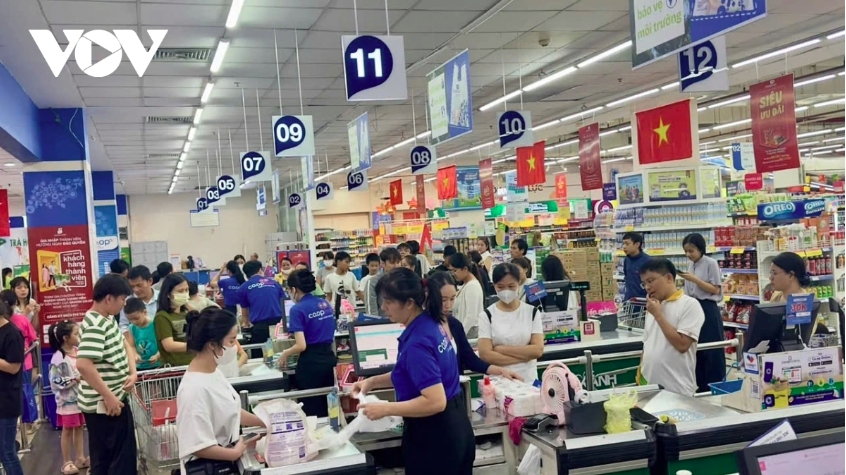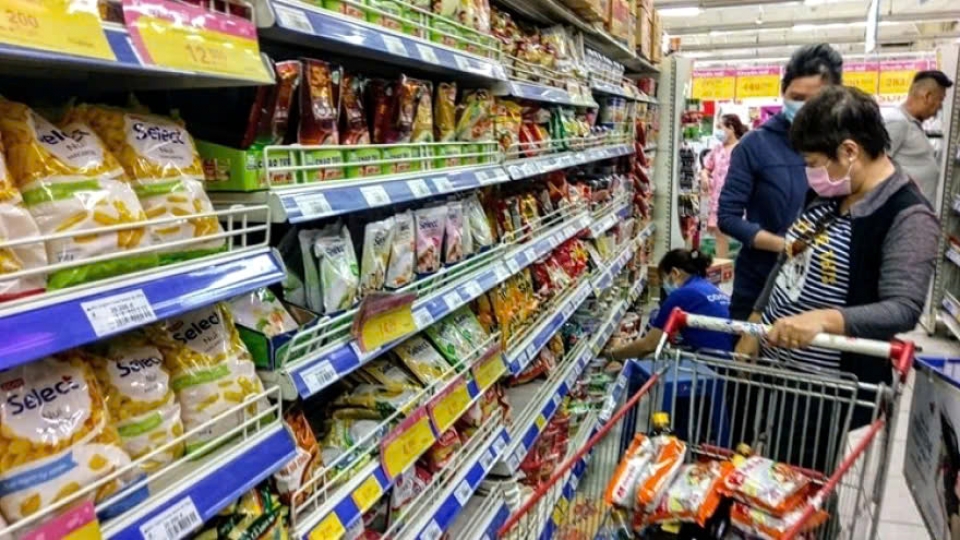
The Vietnamese economy is witnessing a remarkable turnaround, characterized by robust growth rates and manageable inflation levels. However, various external and internal pressures remain prevalent, demanding careful macroeconomic management as the year progresses.
Sustained Recovery
Associate Professor Nguyen Dao Tung, Director of the Academy of Finance, noted that Vietnam’s economy has transitioned from a short-term recovery to a definitive growth phase since the second quarter of 2024. Analysts estimate that GDP may witness an impressive expansion of 7.96% in the latter half of this year, lifting the first-half growth to an impressive 7.52%. This growth rate marks the highest in over a decade.
Unlike prior economic cycles where exports played a predominant role, the current upswing is largely propelled by domestic consumption, which has surged by 7.95%, and investment, which has increased by 7.98%. Various supportive policies, such as tax relief, quicker disbursement of public investments, and expansionary monetary measures—including interest rate cuts and flexible exchange rate management—have greatly bolstered business operations.
This optimistic scenario is complemented by rising business confidence, with over 128,200 new enterprises established during this period, reflecting a robust year-on-year growth of 15.7% and the creation of approximately 538,000 jobs.
Moreover, macroeconomic stability has been effectively maintained. Although core inflation recorded a modest rise of 0.19% from the previous month and 3.25% year-on-year in August, it remains within the target range. This rising core inflation has averaged at 3.19% year-on-year from January to August, slightly lower than the overall consumer price index (CPI) increase of 3.25%.
Yet Tung emphasizes the importance of vigilance regarding global economic fluctuations, particularly trade tensions and US tariff policies, which could inhibit Vietnam’s export capabilities. Domestically, the swift growth of the money supply and increases in exchange rates pose inflation risks. However, softening global commodity prices might alleviate some production cost pressures.
Inflation Under Control
The average CPI increased by 3.25% year-on-year over the past eight months, remaining within the targeted parameters. Major contributors to price pressure include healthcare, housing, utilities, construction materials, and dining services. Nevertheless, declining global commodity prices have led to a 1.57% decrease in Vietnam’s import price index, thereby alleviating some cost burdens on businesses.
Nguyen Duc Do, Deputy Director of the Institute of Economics and Finance, predicts a monthly average CPI increase of 0.27% in the second half, leading to an estimated annual inflation rate of around 3.4%. In the event of a steep global downturn, inflation may stabilize around 3%. The unpredictability of the US$/VND exchange rate remains a noteworthy concern.
Despite an overall weakening of the US dollar, the local exchange rate has climbed due to declining exports and interest rate disparities, coupled with trade deficits. While maintaining a 16% credit growth target and low interest rates to support a targeted 8% GDP growth, the rapid money supply expansion poses additional inflationary pressures.
In contrast, weak export performance has resulted in domestic supply surpluses, which helps mitigate price increases. “This paradox indicates that challenges to growth can, in turn, reduce inflationary risks,” remarks Do.
A pricing official from the Finance Ministry has stressed that effective price management in the upcoming months will necessitate flexibility and an integrated approach between fiscal and monetary policies. While adjustments to public service prices must align with market dynamics, prudence is essential to avoid any shocks to the CPI.
Economist Ngo Tri Long projects inflation rates between 4% and 4.5% for 2025, still within a manageable range, considering ongoing global uncertainties. He advises prioritizing exchange-rate stability, regulating fuel prices, tightening cost management, and expediting public investment disbursement while ensuring transparency in policy communication.
With robust GDP growth and controlled inflation, analysts suggest that Vietnam is laying a solid foundation for its next development phase. This economic resilience not only enhances investor confidence but also positions the nation to better navigate the complexities of the global market landscape.

